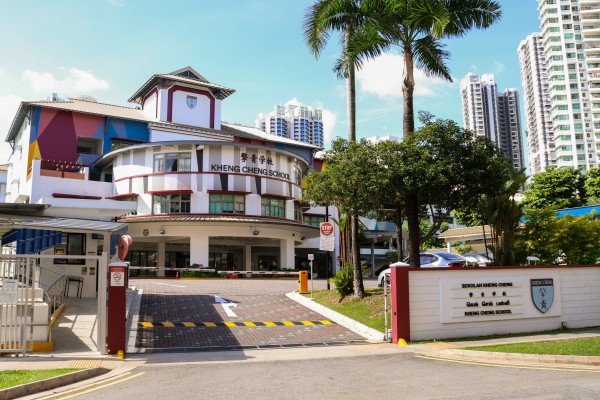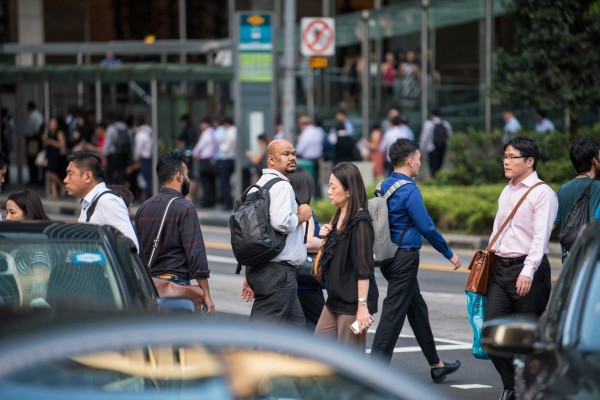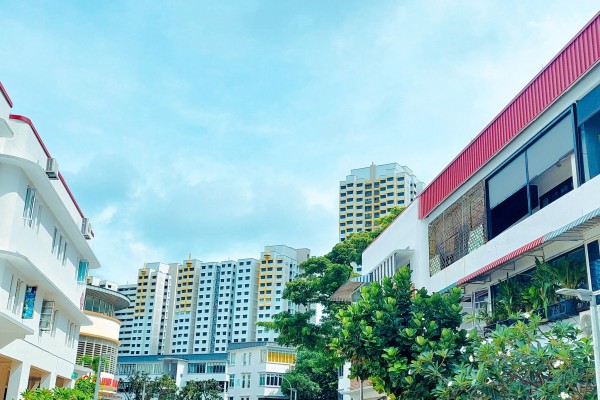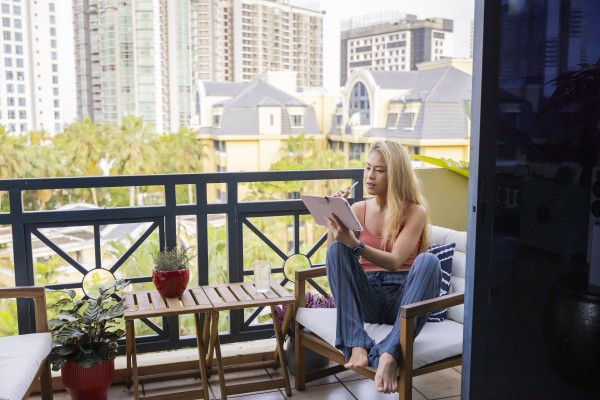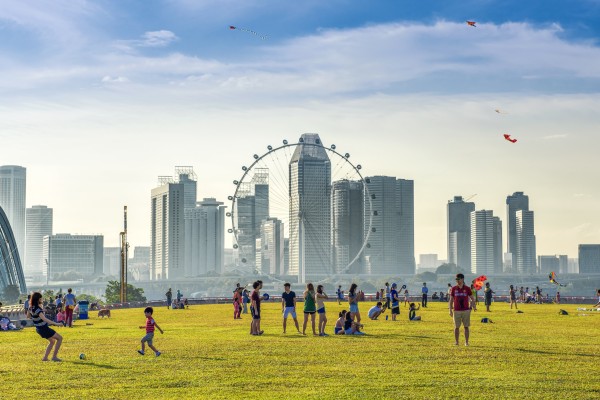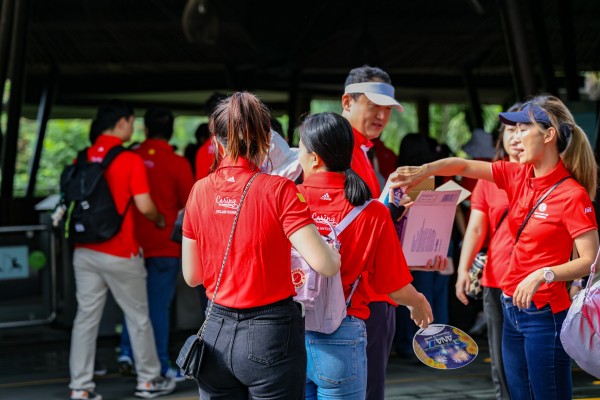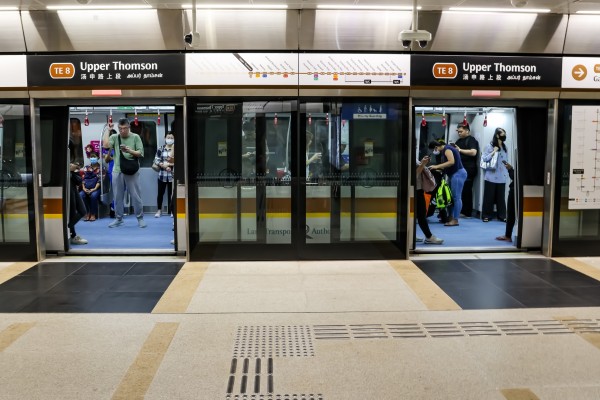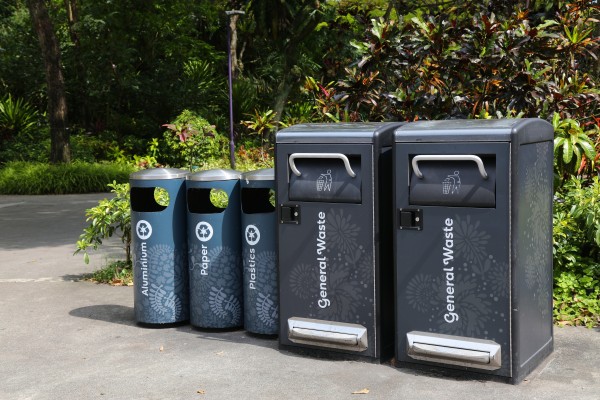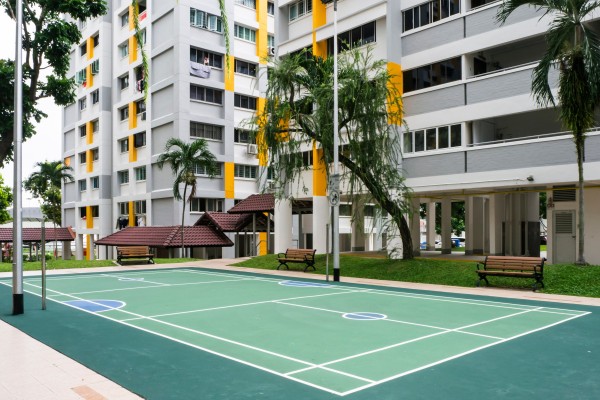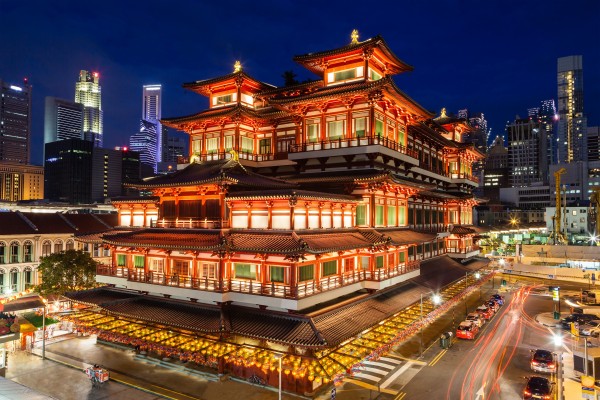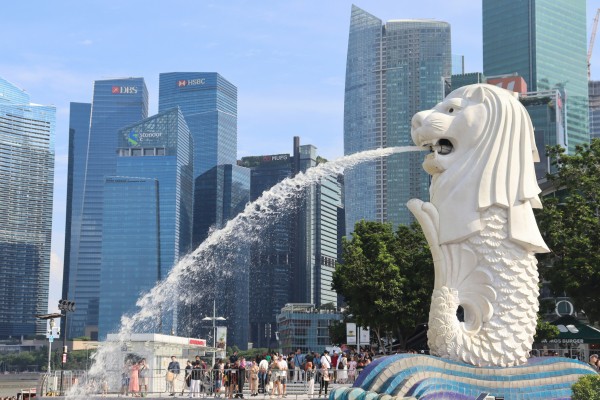Navigating Singapore’s Healthcare System: What Expats Need to Know

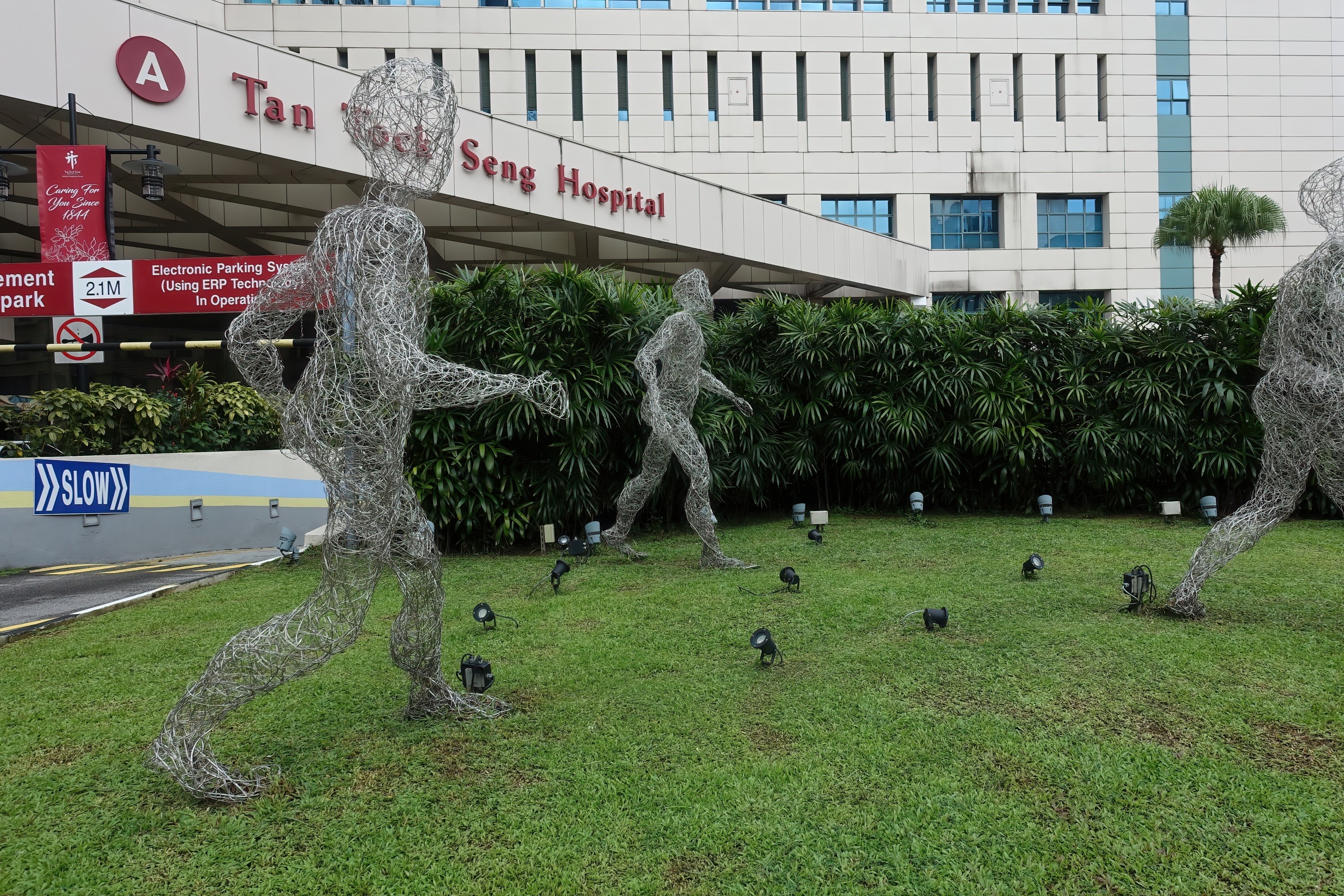
Just completed your big move to Singapore and wondering what you should do if you have any health issues and need to see a doctor? Head swimming with all the medical names and acronyms you may have heard from your local friends?
Don't worry, we’ve got you. The first thing you have to know is that you’re in completely safe hands here in Singapore if you happen to need medical attention:
Singapore's healthcare system is not ranked first in the entire world for no reason. And as an expat, you'll be able to access top-notch medical care quite easily, albeit without the government subsidies.
From decoding the Singapore healthcare system and its many acronyms, to having a sense of the costs of medical care as an expat, to purchasing the best health insurance policies to keep medical costs manageable to what you should do in a medical emergency –we’ve got you covered.
Read on to find the answers to all your questions about Singapore's healthcare system!
What is Singapore’s healthcare system like?
The main thing you must know as you navigate Singapore’s healthcare system as an expat is that Singapore’s healthcare system comprises both private and public hospitals and primary care clinics.
As an expat, you can choose to be treated at any local primary care clinic or hospital, whether private or public, and you will receive the same standards of care. While you will not be eligible for any government subsidies, the correct insurance policies will cover your treatment whichever you choose.
Primary clinics should be your first stop if you have any medical concerns, where you seek help from professionally trained and licensed General Practitioners (GPs). They not only treat common acute illnesses such as the common cold, flus, or stomach viruses; they also help manage chronic illnesses like diabetes and high blood pressure.
There are more than 1800 private GP clinics in Singapore, and they can be found in neighbourhood town centres, shopping malls and in public housing estates. If you want to go the public route for your primary care, you can visit a polyclinic, which is a bigger one-stop clinic that may have specialists available to help treat more specific concerns, too.
If you require more medical attention, you may visit a hospital. There are numerous hospitals in Singapore: larger private hospitals that provide multidisciplinary care include Mount Alvernia Hospital, Mount Elizabeth Hospital, and Raffles Hospital; while public general hospitals include Singapore General Hospital (SGH), Changi General Hospital (CGH), and National University Hospital (NUH). As an expat, you will only be eligible for private treatment at the public hospitals in single-bedder wards.
How much will healthcare cost for me as an expat?
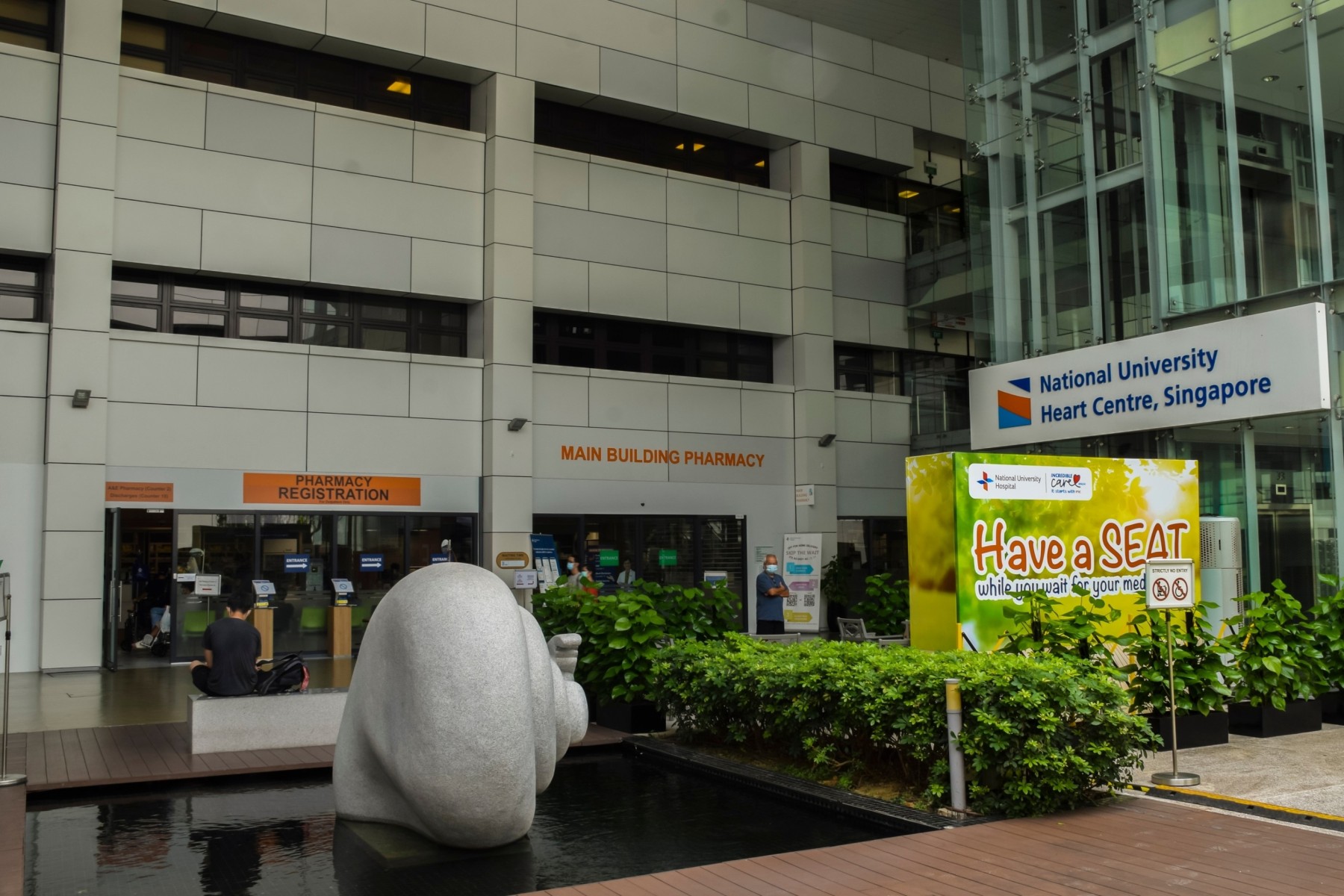
While you won’t be paying an arm and a leg to get seen by a doctor, you must be prepared to pay slightly more–simply because you won’t be eligible for any government subsidies as an expat.
A visit to your neighbourhood private GP clinic or the polyclinic for a common cold would likely cost an average of $50 including medicines, while a trip to the Emergency Department at both private or public hospitals can cost upwards from $200. Getting warded in one of the hospitals can cost anywhere from $230 to $1500 per night, not inclusive of treatment fees. This differs from hospital to hospital, so you should check out the fees at the respective hospital pages to be certain.
What about health insurance?
All the medical costs can add up, so you definitely want to look into purchasing a good health insurance plan for your time in Singapore. As long as you have a valid work visa, you can purchase an international health insurance plan, which would be advantageous to you especially if you also have to travel out of Singapore for work for short periods of time.
Such plans offer extensive customisation including pregnancy and childbirth coverage, cancer coverage, and crisis assurance coverage, as well as customisable monthly premiums.
Check out this comprehensive list of international health insurance plans to kick-start your insurance research.
What do I do in a medical emergency?
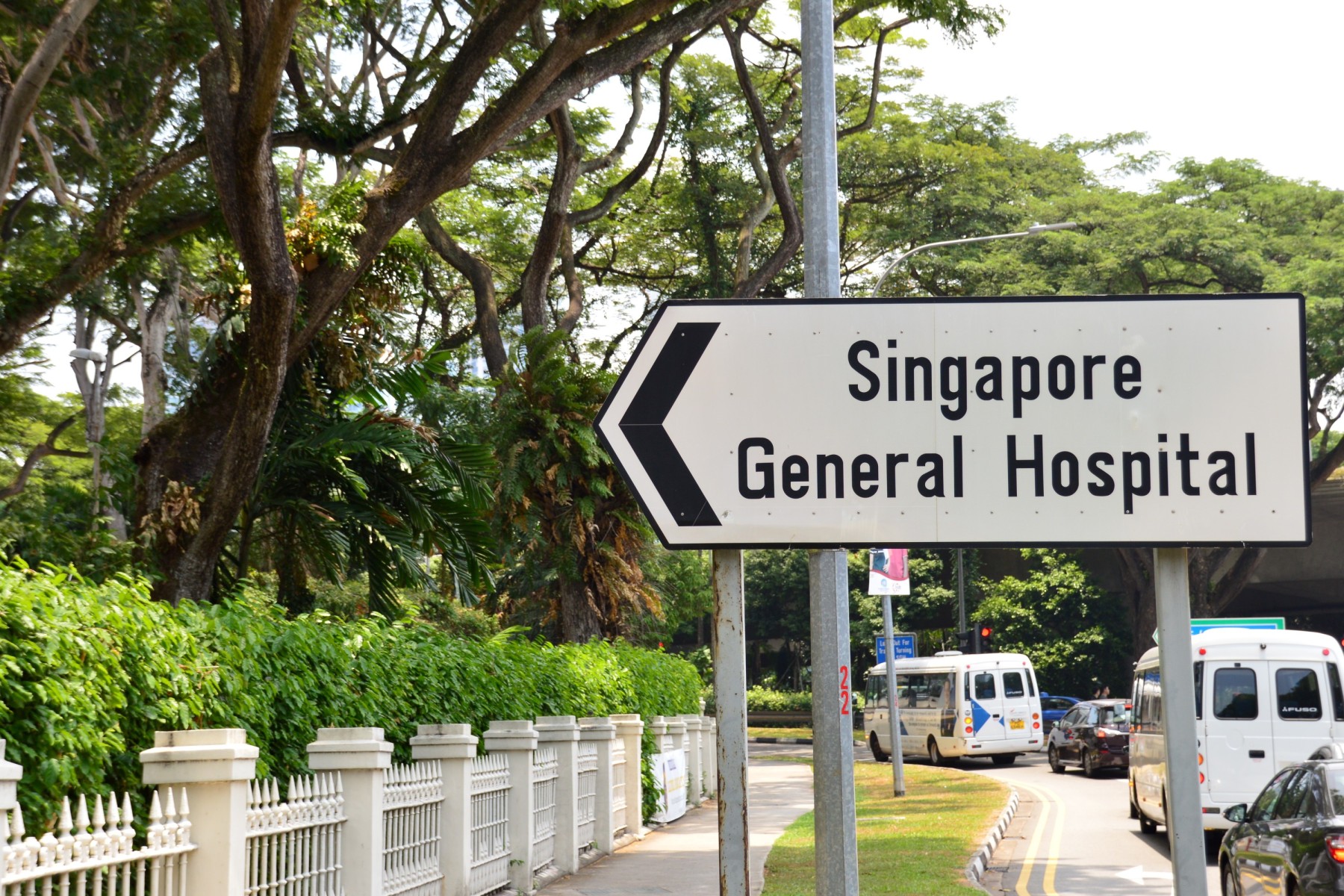
It can be scary to face a medical emergency in a foreign land, but tell yourself that you’re in very good hands here in Singapore. There is medical help readily available round-the-clock in Singapore, for health issues of all kinds.
If you need a GP in the middle of the night, you can visit a 24-hour clinic to see a GP, who will also give you the medication you need to feel better. These clinics are generally located in neighbourhood town centres.
For emergencies, call 995 for an ambulance and you’ll be taken to your nearest public Emergency Department. If you’re able to go yourself, take our advice and head to your nearest private hospital Emergency Department. Singapore public hospitals are known to have longer wait-times at their Emergency Departments that can run into hours at peak periods, so do yourself the favour and skip that if you can.
Find your nearest 24-hour clinic and/or hospital with Emergency Departments here.
What do our customers say?







